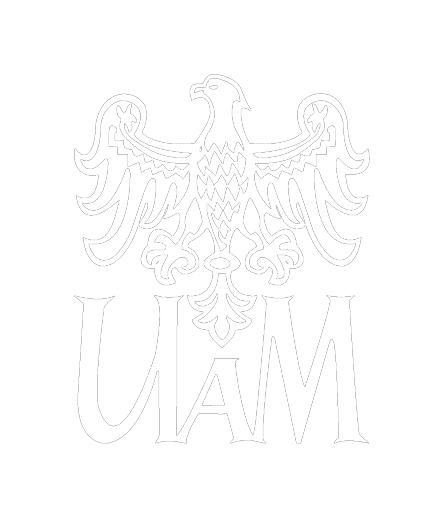Host specialization-generalization trade-offs in an invasive wheat curl mite, Aceria tosichella
Funding: National Science Centre grant no. 2017/27/N/NZ8/00305
PI: Alicja Laska
Supervisor: Anna Skoracka
Co-investigators: Lechosław Kuczyński, Kamila Karpicka-Ignatowska, Anna Radwańska, Katarzyna Markowska
Description:
Research project objectives/Research hypothesis
Life history traits are constantly subjected to trade-offs. For example, high fecundity shortens lifespan. Similarly, high host specialization restricts the use of a variety of hosts but enables a more efficient use of a single one. Although trade-offs are ubiquitous in biology and they have played a central role in the development of life-history theory, research explaining the underlying mechanisms is rare, especially regarding the evolution of host specialization.
In this project, whose aim is to explain genetic mechanisms of trade-offs in host specialization and generalization, I intend to focus on this important and timely issue, using an obligate plant parasite Aceira tosichella (wheat curl mite, WCM) as a study system. Despite being the most important mite pest of wheat with great invasive potential, the mechanisms of host specialization in this mite have not yet been studied.
Research project methodology
The study will be conducted on the most invasive and polyphagous lineage of the WCM species complex (Acariformes: Eriophyoidea) MT-1, which will be subjected to experimental evolution – host adaptation in three separate treatments. As a result, we will be able to generate populations with different evolutionary histories by subjecting them to selection pressure towards specialization on a single host plant species, namely wheat (S1) or smooth brome (S2); and against specialization on either of these host plant species (G). During adaptation in the experimentally evolving populations, the changes in fitness, morphology and genomes will be tracked according to Evolve and Resequence framework, which involves combining experimental evolution experiments with massively parallel sequencing technology to study the genetic basis of complex traits.
Expected impact of the research project on the development of science
The project will bring new comprehensive knowledge about the importance of trade-offs in host adaptation and thus may help to explain the mechanisms underlying host specialization processes in phytophagous organisms. Explaining trade-offs between high and low host specificity is crucial for our better understanding of changes in host range, niche breadth as well as dispersal and invasive potential of the species.
Moreover, the realization of this project will provide knowledge on the WCM ability to adapt to new hosts, which will provide the basis for the wide host range and invasive potential of this mite pest. Experimental identification of genes involved in adaptation to new hosts may be a crucial step to understanding the mechanisms of ecological speciation and in this project we intend to contribute to this field.

